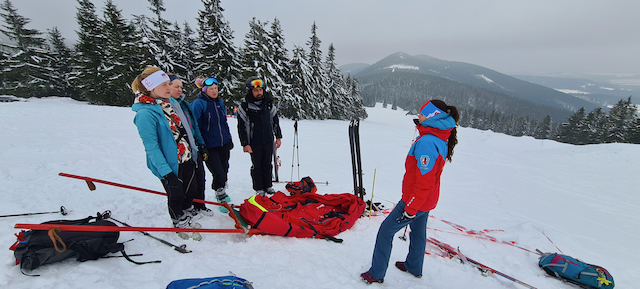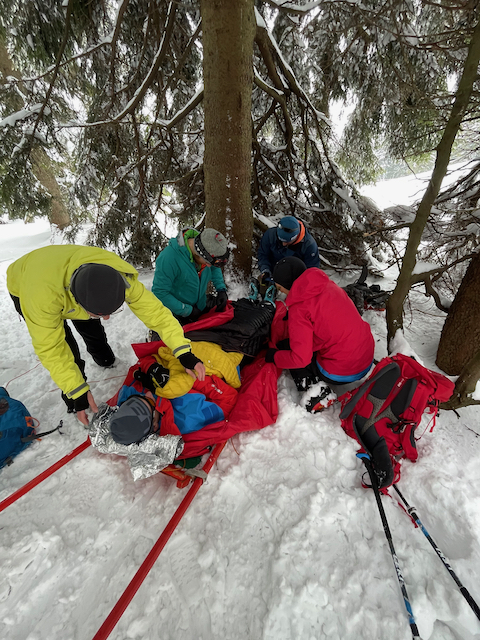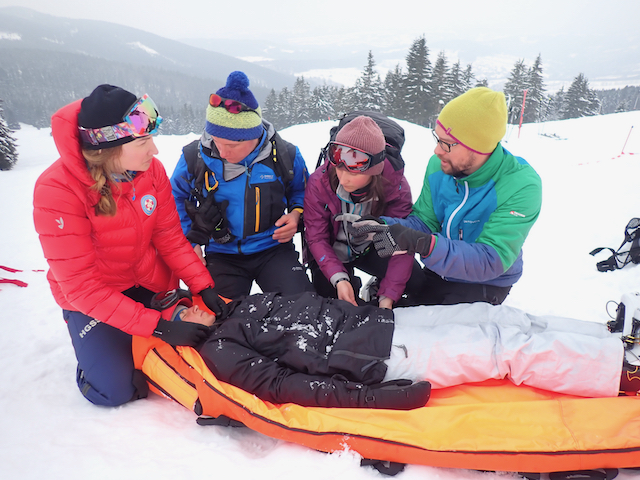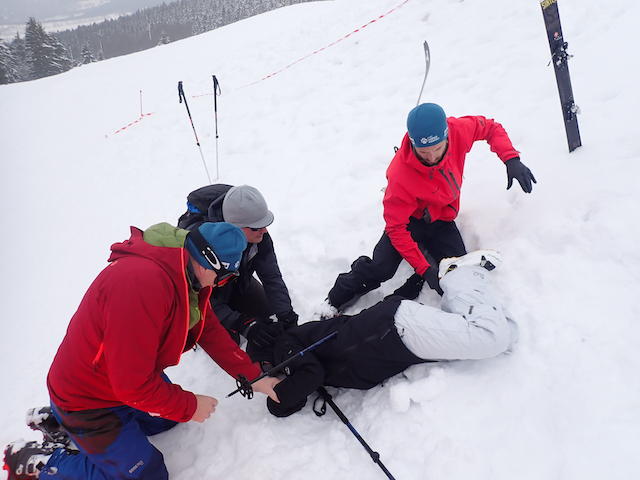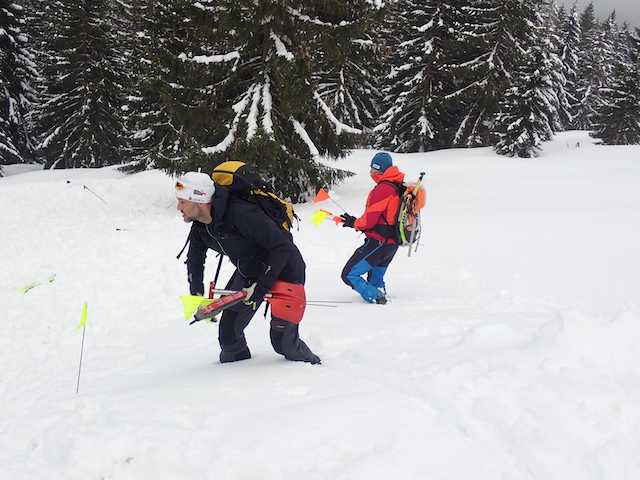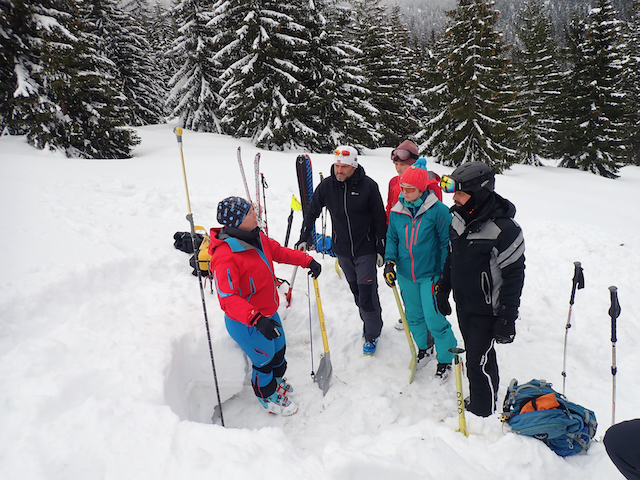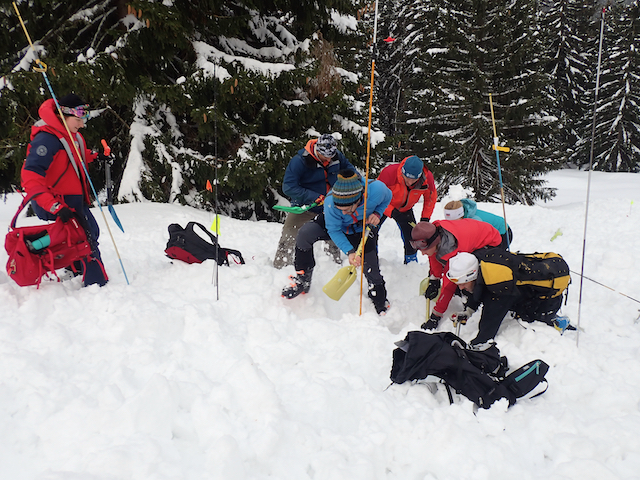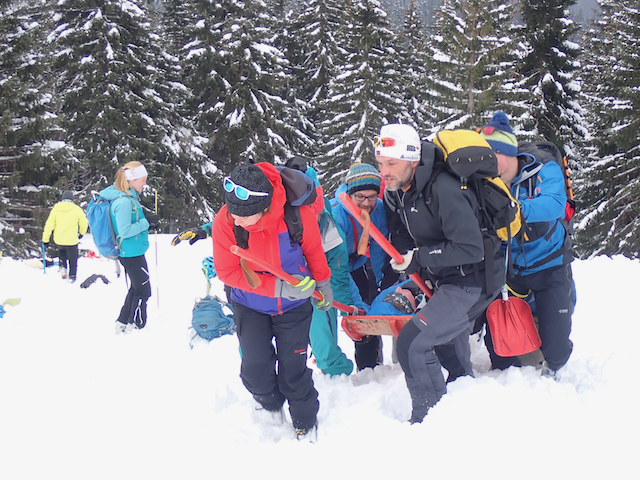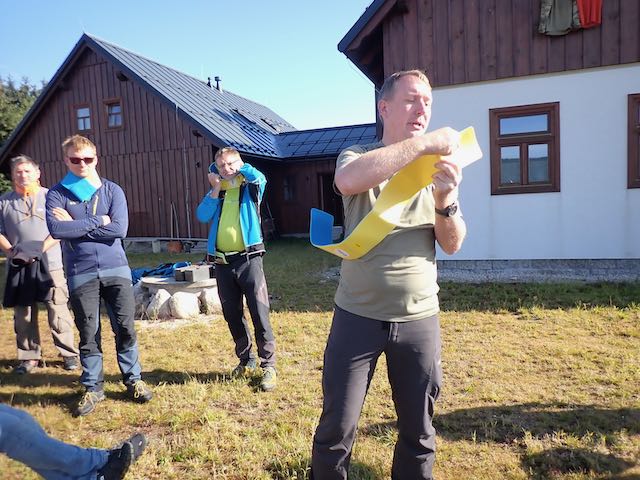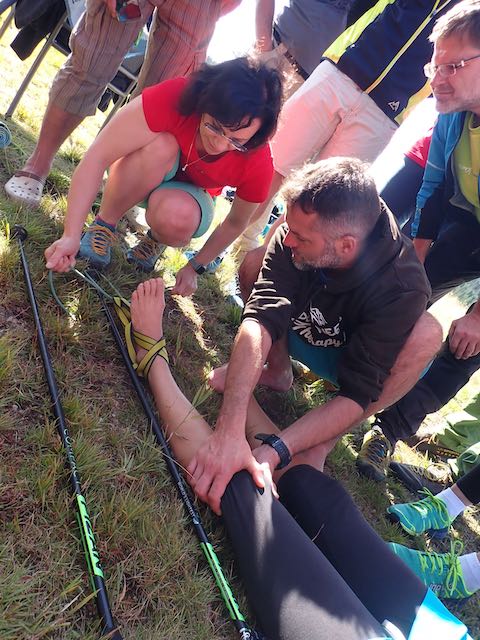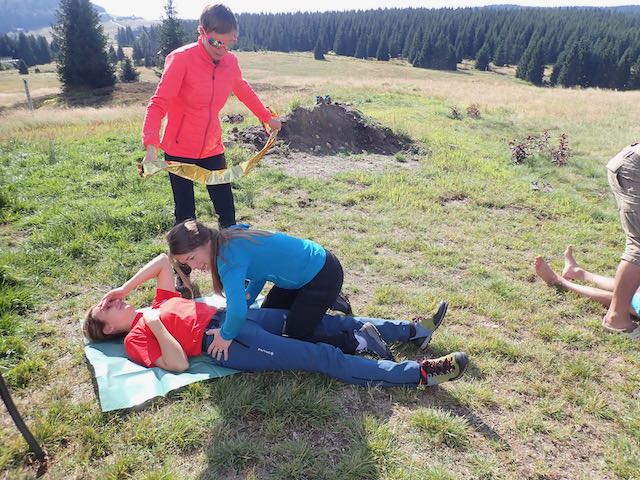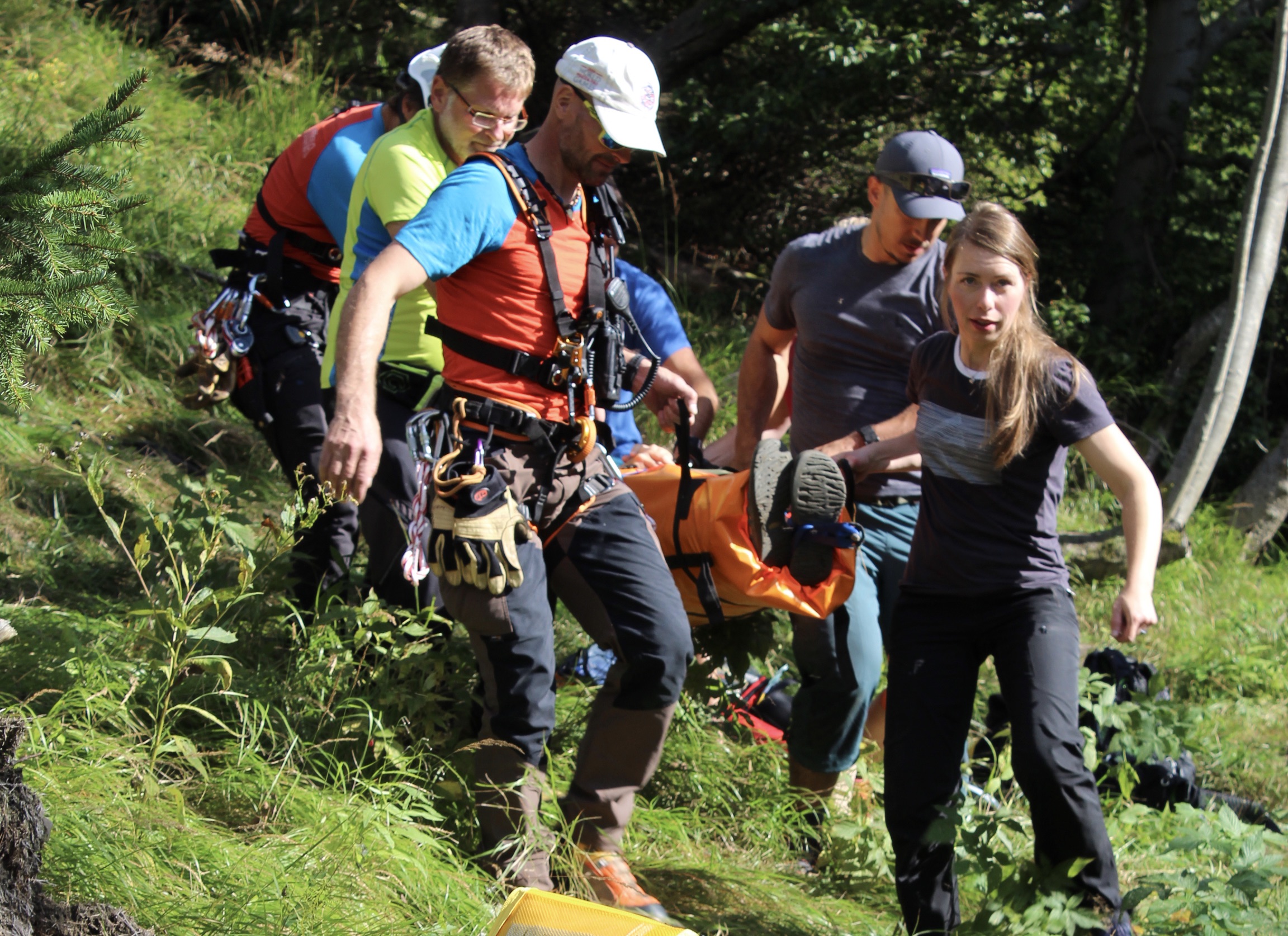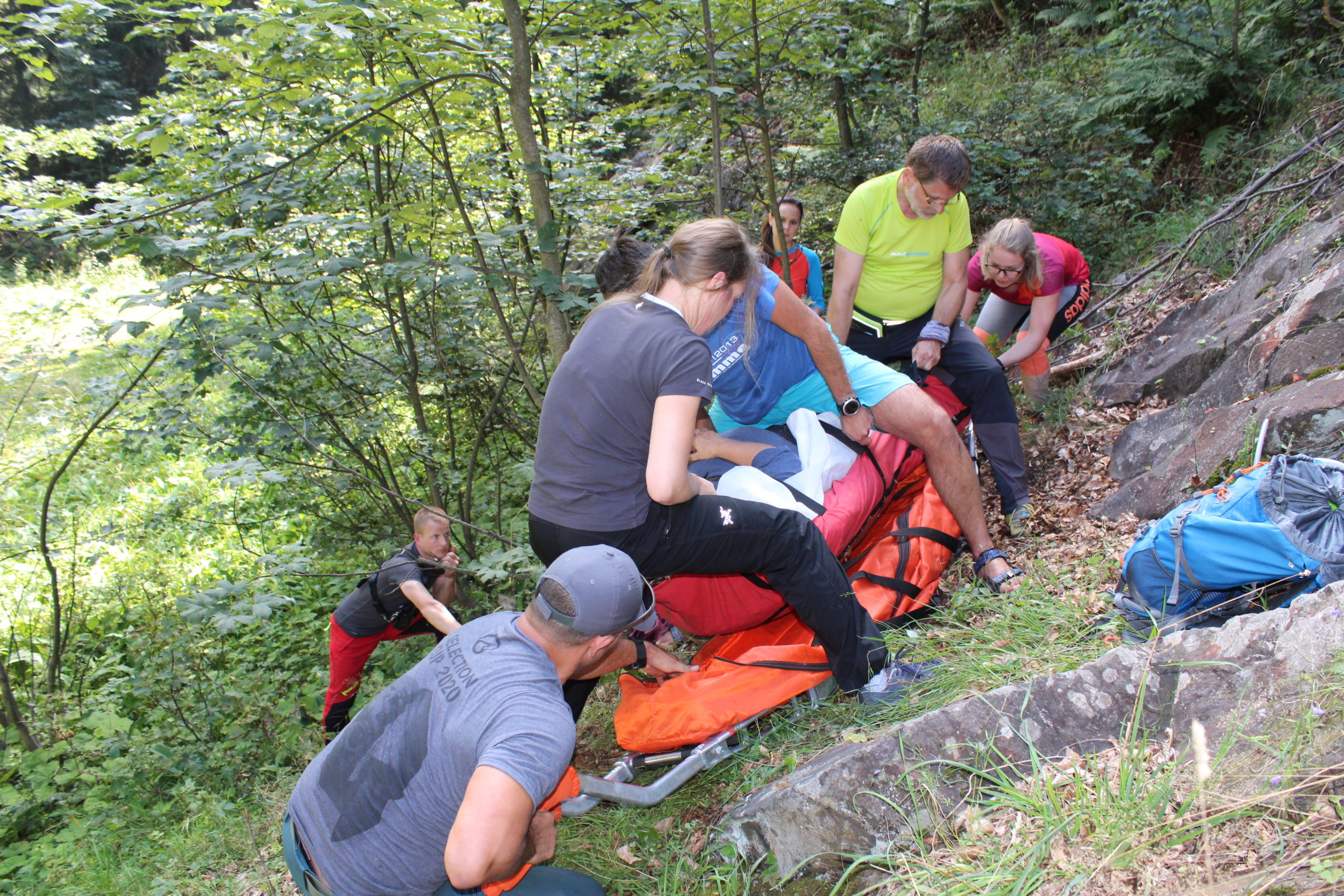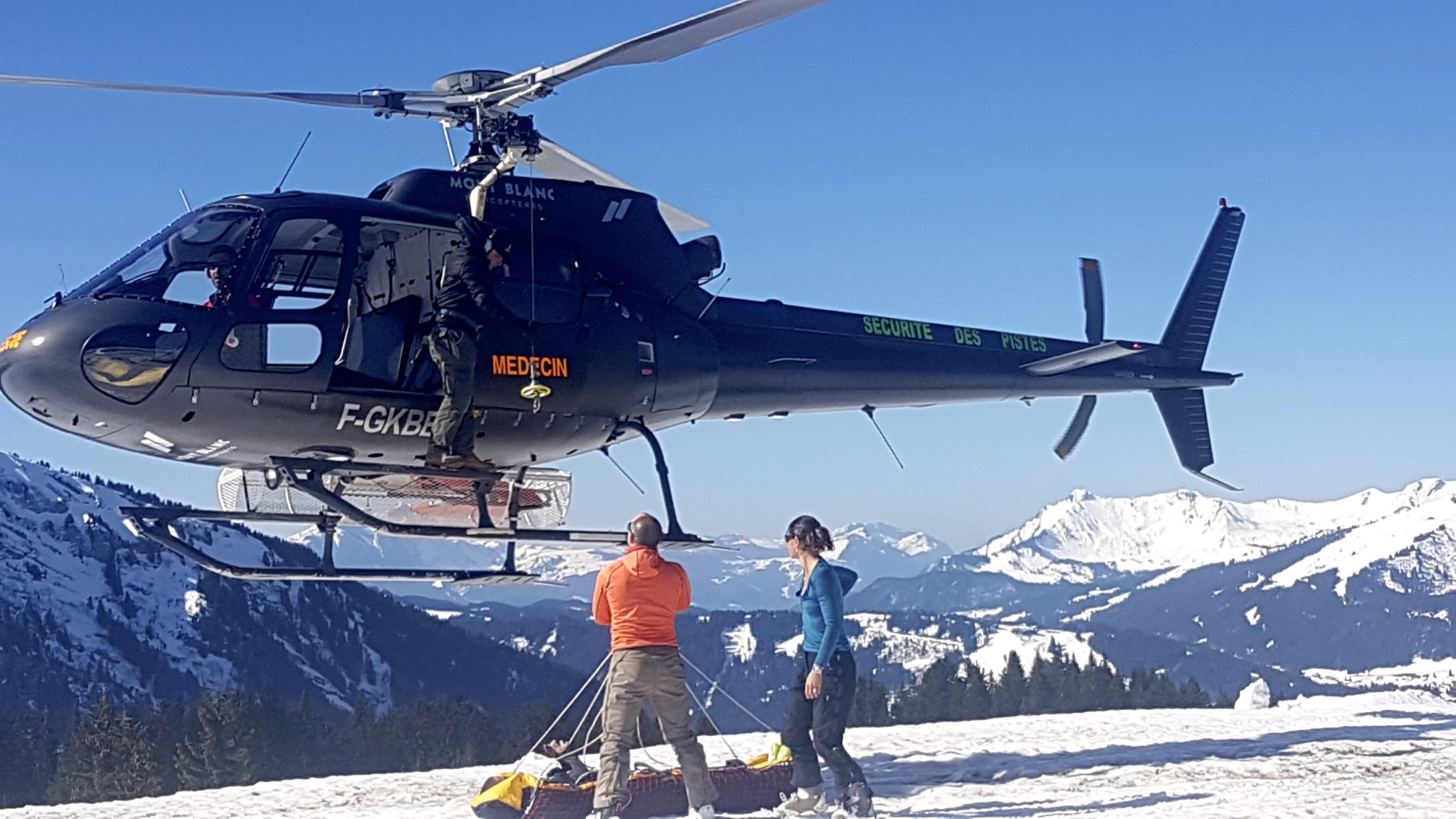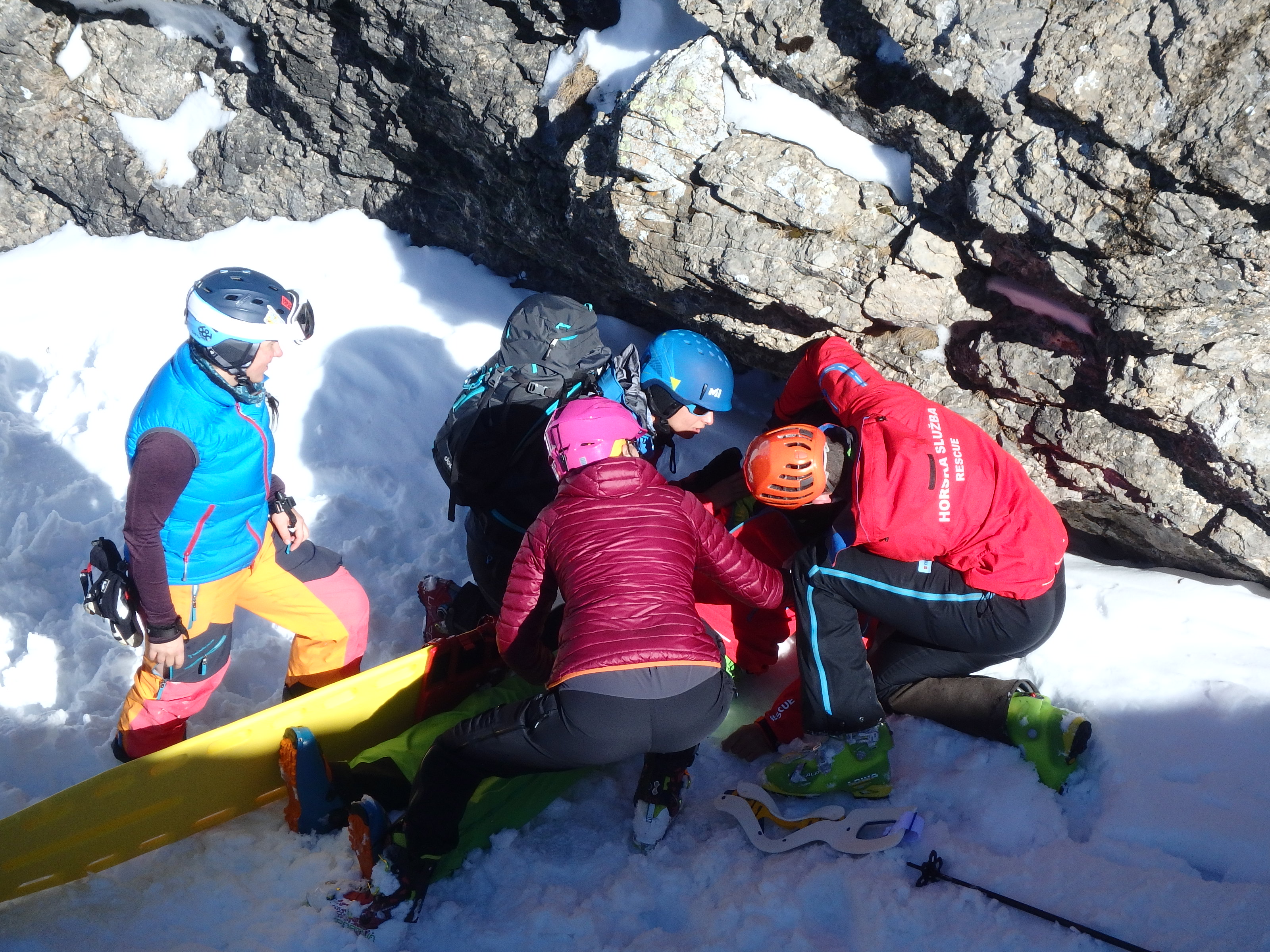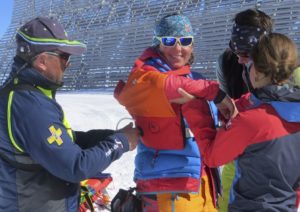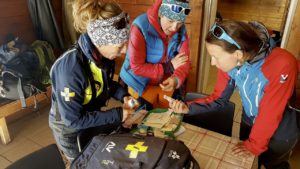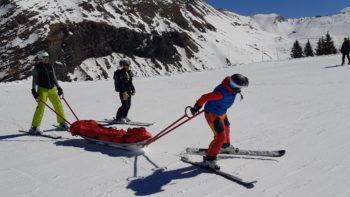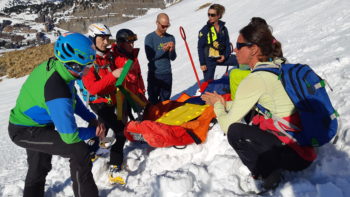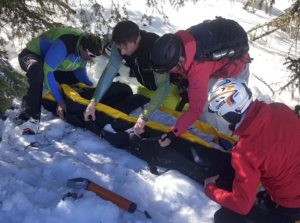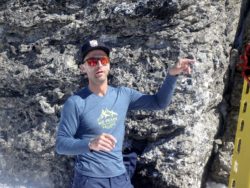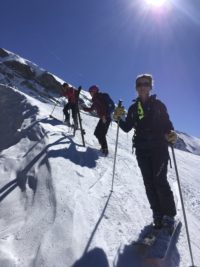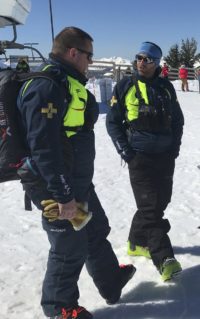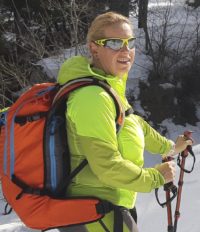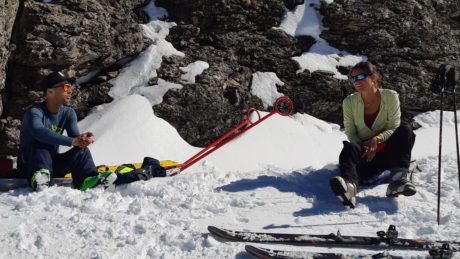Another beautiful sunny day started on the base of the Mont Blanc Helicopteres Rescue Service.
Pilot Yves and flight assistant Cookie prepared a perfect presentation of their work, which was followed by a brief practical training. Everybody was touched by their generous and welcoming approach.
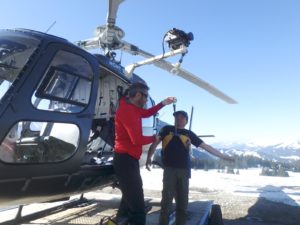
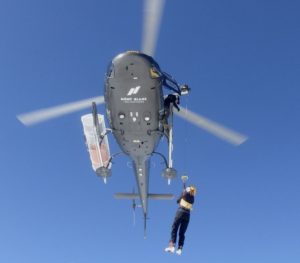
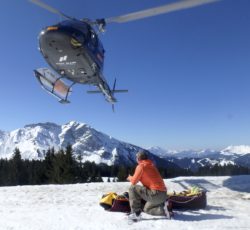
Prior to the avalanche training the participants could test a multi-functional transport rescue device “franco-garda” presented by the ski-patroller and mountain-rescuer Thomas.
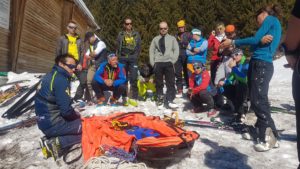
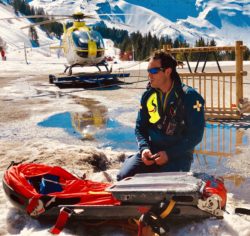
Just afterwards, the group of Czech and Slovak rescuers was called to assist on a rescue mission in an avalanche accident, which was flawlessly prepared by the ski-patroller and whip Fabrice.
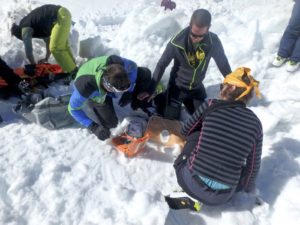
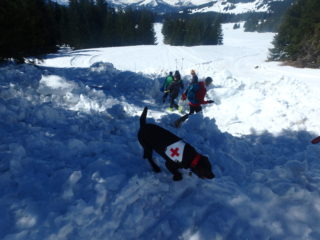
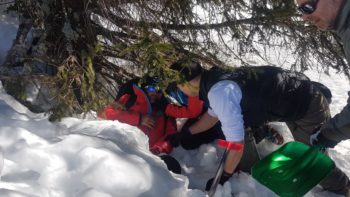
The Course’ participants, dog Tessi included, should organize the rescue on site, search for 5 victims, perform the medical assessment and basic life support, do the triage, call for professional rescue and evacuate victims to the landing zone.
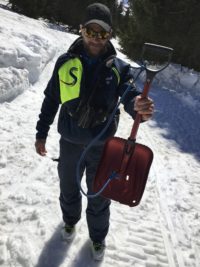
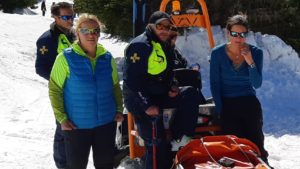
As this training was a crown of the entire Mountain Medicine Course, it was a great pleasure for the supervisors to see how skilfully the participants managed the last challenging situation.
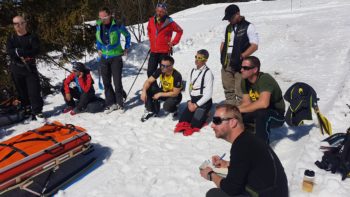
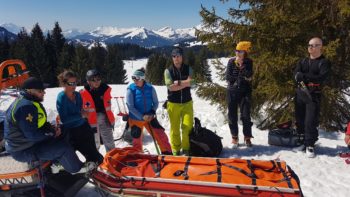
The scope of the Mountain Medicine Course for Mountaineers is to handle with the life-threatening emergency situations in remote environment. It mainly focuses on the following issues:
– make primary assessment
– perform basic life support
– effectively organize for professional rescue mission
– assist the professionals for further care and transport
11 of 14 participants accomplished all of the 6 modules and successfully achieved a diploma, which doubtlessly confirm their quality to perform the above-mentioned skills.
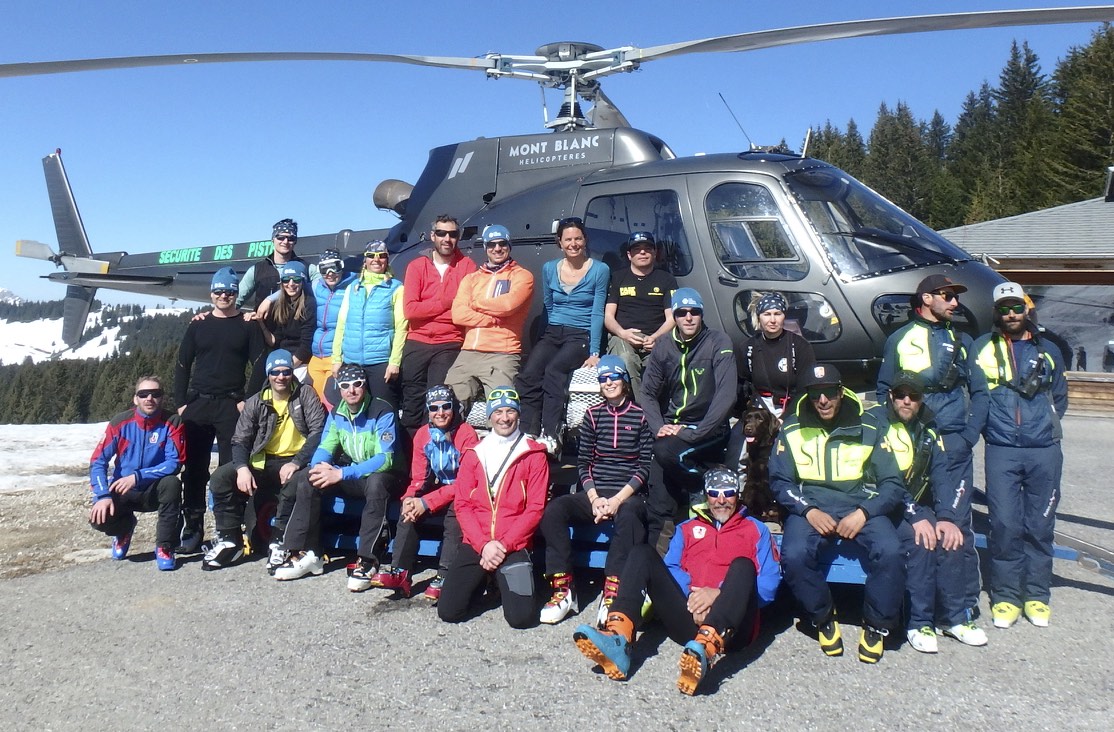
We would like to express our sincere thanks to the ISMM, UIAA and ICAR MedCom, who endorsed our Course and to Mr.Thomas Faucher, Mr.Christophe Estebe (SERMA Ski-patrol) and Mr. Alain Colombey (Mont Blanc Helicopteres) to enable the precious training in Avoriaz.
Please, here you can enjoy a VIDEO from the entire COURSE!
